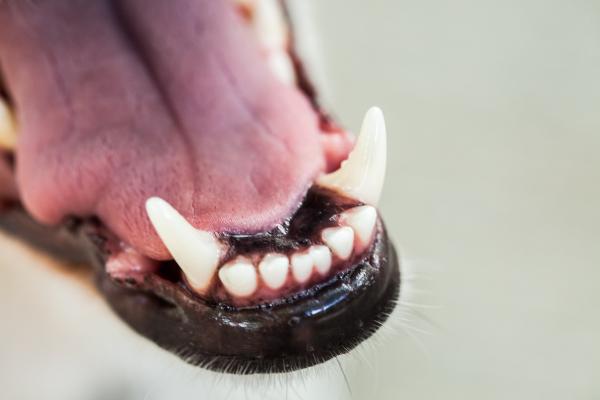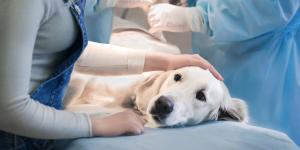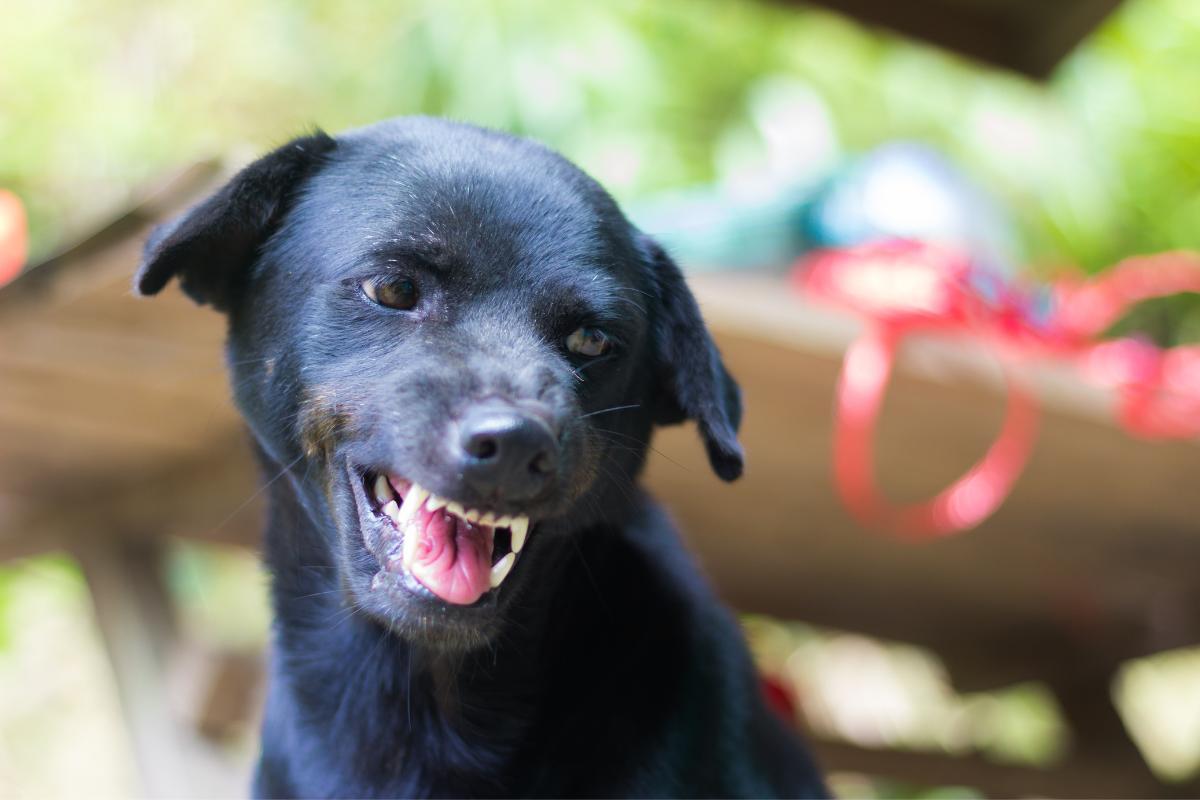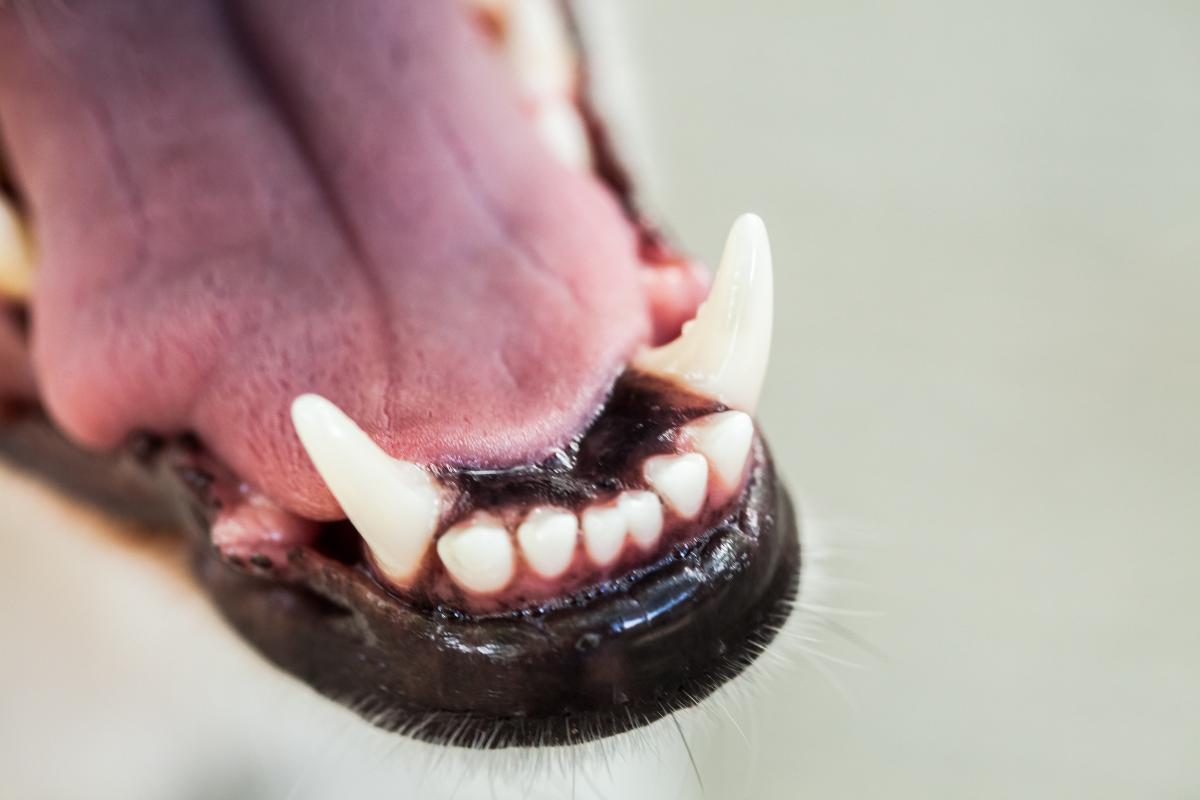My Dog's Jaw Is Quivering - Trembling Jaw in Dogs



See files for Dogs
The reasons a dogs jaw is quivering are varied and greatly depend on the context of the behavior. For example, a quivering jaw for a moment is significantly different to prolonged trembling. For this reason, there are both completely benign reasons a dog's jaw is shaking and some very serious life threating causes. At AnimalWised, we explain the instinctual, behavioral and pathological reasons why my dog's jaw is quivering. In doing so, we can determine when the problem is benign and when a trembling jaw in dogs requires immediate intervention.
Benign causes of a dog's jaw quivering
Understanding why my dog's jaw is quivering requires us to look at the context of the situation. For example, if the dog has been left outside in the cold for a long time, a trembling jaw is an understandable response to low temperatures. This is different to when a dog is shaking, but it's not cold.
We also need to understand canine behavior in general. There are many movements and behaviors we might think of as being strange which are completely normal in dogs. They are often related to instinctual behaviors, as well as responses to environmental stimuli. Not all reasons for a quivering jaw in dogs require any action from us as they do not cause any harm. These benign reasons include:
- Sleep: it is very common to see a dog tremble in their sleep. This is due to the state of deep sleep known as REM during which the dog is dreaming. Their body is responding to brain activity which is limiting itself from actually movement of the muscles, even if the dog is dreaming of movement. Read our article on why dogs shake in their sleep to learn more.
- Yawning: it is relatively common to observe the appearance of jaw tremor in dogs after yawning. Generally, this tremor lasts a few seconds and does not have any pathological significance. This is because it is not usually associated with any organic alteration.
- Pheromones: the chattering of the teeth helps odors better reach the vomeronasal organ, an auxiliary sensory organ which aids the dog's ability to smell. Although it can appear in females, it is a particularly common behavior in uncastrated males as they try to pick up the scent of a female in heat for mating. In these cases, it is common to see the dog produce more saliva. You may see a dog's jaw quivering and drooling in this case.
In the above situations, you will not need to carry out any action. As long as the quivering stops and they show no other signs of distress, we can accept this as benign dog behavior.
Behavioral tremor
A dog's body responds to stimuli in different ways. Whether it is their mouth or body, trembling is a common physical response to an emotional state of excitement. A common example is if we have a tasty treat in our hand. Dogs will often quiver their mouth and drool in anticipation of the the thing they love the most.
Mouth shaking is also a response to negative stimuli. If our dog is being threatened, quivering their mouth is a natural response to the threat. Their adrenal glands secrete this hormone which helps them to evade a negative situation, but can also result in shaking.
Unfortunately, perceived threats can also cause this type of shaking. If our dog is prone to anxiety or fear, there are many situations in which they can feel unnecessarily scared. This can be due to something more obvious such as the loud bangs produced by fireworks. For very anxious dogs, otherwise completely benign encounters can cause a dog's mouth to quiver.
Dogs which have been subject to trauma or abuse are more likely to have anxiety problems. Similarly, dogs which have not been properly socialized will also be more likely to experience issues such as separation anxiety in dogs.
In these cases, we will need to support the dog to help them overcome their anxiety. This will depend on its cause. For example, we will need to ensure they are socialized even if they are an adult dog. If we cannot address these issues on our own, we should speak to a canine behaviorist or ethologist to provide practical guidance.
Pain in the oral cavity
We have discussed the instinctual and behavioral reasons why a dog's jaw is quivering. We now take a look at the physical and pathological reasons for this behavior. In these cases, the dog's mouth shaking is a symptom of a problem which needs to be addressed. Often these are due to problems localized to the mouth itself.
Some of the most common oral problems in dogs include the following:
- Dental fractures
- Stomatitis
- Gingivitis
- Mouth ulcers
- Foreign objects
Certain dogs are more predisposed to mouth problems than others. For example, deterioration over time means older dogs are more likely to develop issues such as canine periodontal disease.
In these cases, you will need to examine the mouth for a problem in the oral cavity. A dog's jaw may keep moving because they are trying to remove an object which is stuck in the oral mucosa. We may be able to remove this object ourselves. However, if we do not know the cause or we are at all unsure how to proceed, we will need to go to the veterinarian to determine the cause. They will provide the appropriate course of treatment.
Muscular, neuromuscular or joint problems
Another of the reasons that can cause the appearance of tremors in a dog's mouth is problems with the musculoskeletal system. While we may associate these problems with the legs or other areas of the body, it is possible they are localized to the mouth or jaw.
For example, a contracture of the masticatory muscles or an alteration of the temporomandibular joint can cause this type of tremor. It may be due to arthritis or even a fracture to the jawbone. It may also be due to neuromuscular alterations. This means there is a problem between the signals being sent from the brain to the nerves and muscles.
In these cases, it will be necessary for a veterinarian to carry out a range of tests to determine the cause. There is also a higher risk in older dogs since they are more prone to neurological degeneration and a quivering mouth may be a symptom of a neurological disorder.
Focal epilepsy
Epilepsy in dogs is a complex neurological disease characterized by abnormal brain activity that suddenly triggers seizures. Focal epileptic seizures are those in which the seizures do not affect the entire body of the animal, but only occur in one localized region. Sometimes, the affected region is the mouth. In these cases, caregivers are likely to see the dog's lower jaw is shaking during periodic episodes.
It is important to mention that focal epileptic seizures often evolve into generalized seizures. These can also be accompanied by autonomic signs such as salivation, loss of sphincter control, etc., or even loss of consciousness.
The treatment of epilepsy aims to reduce the frequency, duration and severity of the attacks. This will help to increase the quality of life of the animal. However, it should be noted that complete eradication of epileptic seizures is rare in dogs. Currently, the most widely used antiepileptic drugs are phenobarbital and imepitoin, although there are others such as potassium bromide, levetiracetam and zonisamide.
Learn more with our article on why my dog is having seizures.

Canine distemper
Another reason your dogs' mouth to quiver is canine distemper virus. This is a viral disease which is very dangerous to dog's and is especially prevalent in puppies. Their vulnerability worsens the clinical picture and can lead to problems such as secondary encephalomyelitis. This is a type of brain inflammation which manifest in various symptoms, including repetitive involuntary muscle movements.
These myoclonic movements are usually not generalized, but generally affect a muscle or a group of muscles. The jaw and limb muscles are the most commonly affected. Regarding treatment, this type of myoclonus requires symptom management as there is no direct cure. However, some drugs such as procainamide have shown some efficacy in reducing the infection's effects.
Learn more with our article on canine distemper virus symptoms and treatment.

This article is purely informative. AnimalWised does not have the authority to prescribe any veterinary treatment or create a diagnosis. We invite you to take your pet to the veterinarian if they are suffering from any condition or pain.
If you want to read similar articles to My Dog's Jaw Is Quivering - Trembling Jaw in Dogs, we recommend you visit our Other health problems category.






